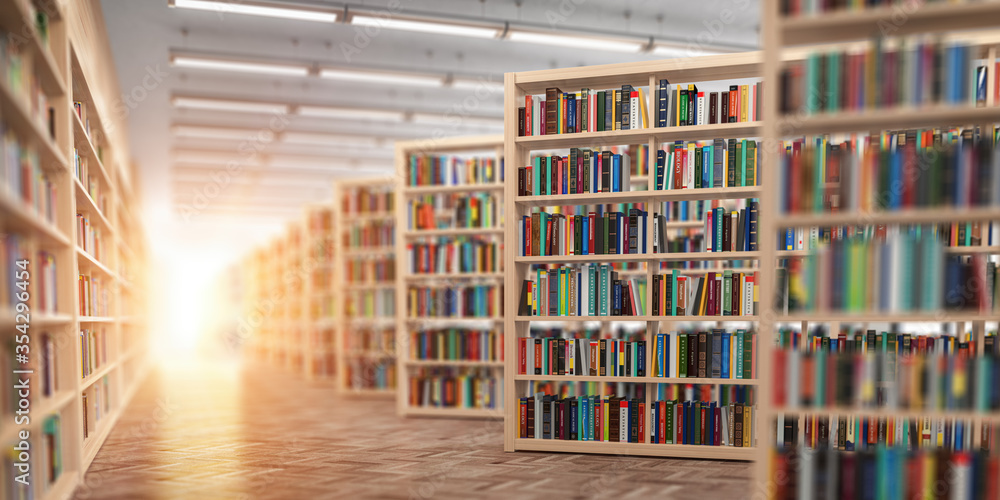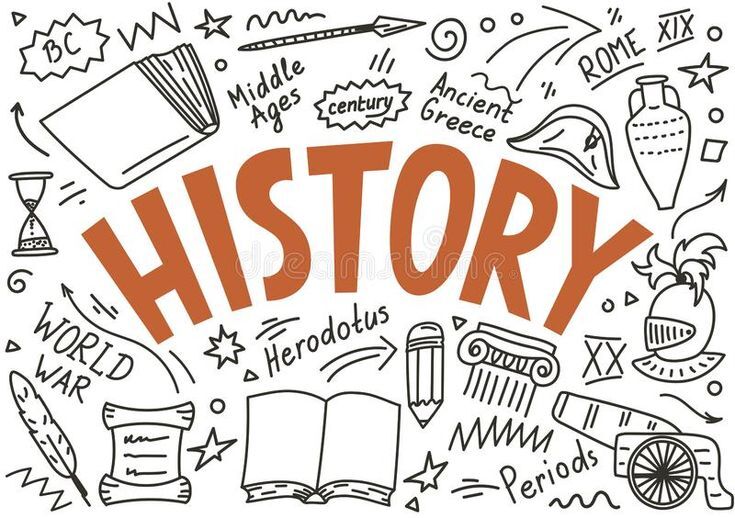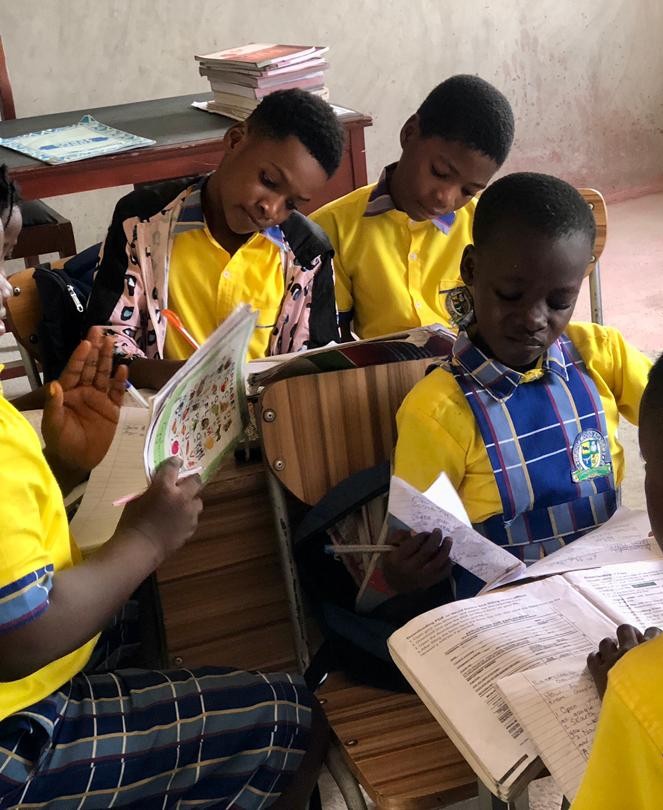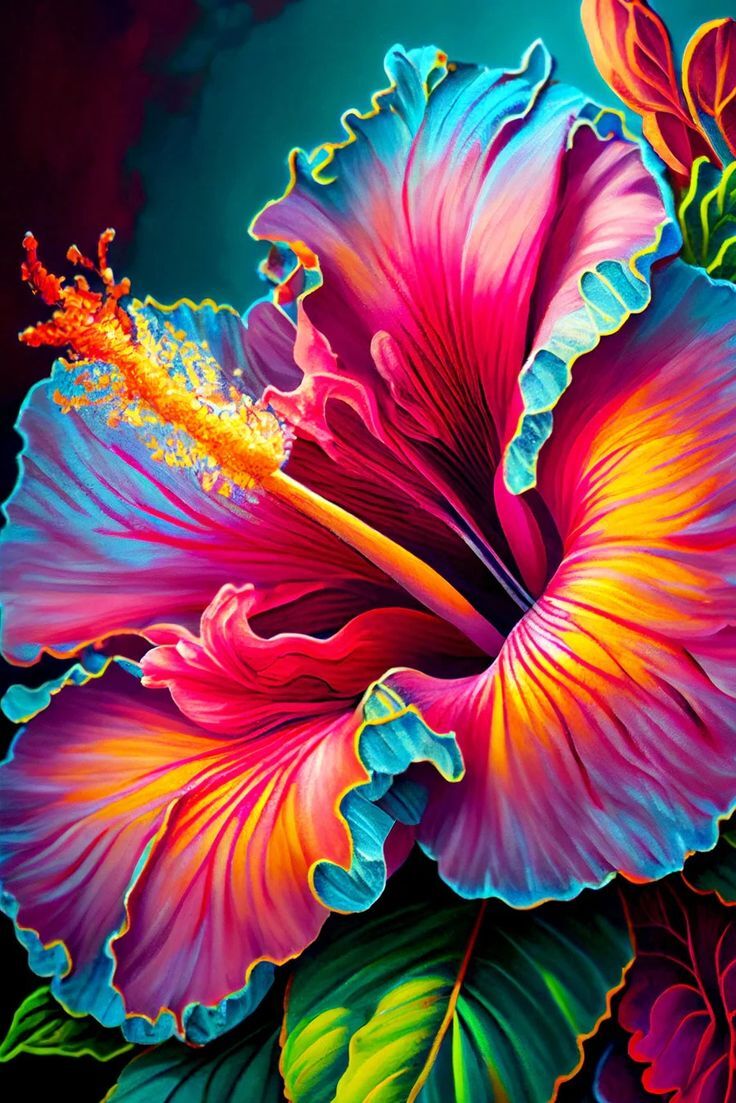The Primary School caters to students from year 1 to year 6 (6 to 11 year olds). While the core subjects of English, Mathematics and Science and other subjects follow by the UK Cambridge curriculum; other subjects such as History and Geography follow the English National Curriculum with components of the local subjects (Twi)

e Mathematics curriculum is designed to help learners to:
Recognise that Mathematics permeates the world around us
Appreciate the usefulness, power and beauty of Mathematics
Enjoy Mathematics and develop patience and persistence when solving problems
Understand and be able to use the language, symbols and notation of Mathematics
Develop mathematical curiosity and use inductive and deductive reasoning when solving problems
Become confident in using Mathematics to analyse and solve problems both in school and in real-life situations
Develop the knowledge, skills and attitudes necessary to pursue further studies in Mathematics
Develop abstract, logical and critical thinking and the ability to reflect critically upon their work and the work of others.

The overriding aim for the Language and Literacy curriculum (in both Ghanaian Language and English language) in basic schools is to promote high standards of language and literacy by equipping pupils with a good command of the spoken and written word to enable them to.
Acquire the basic skills that will help them decode any text
Read age-level texts easily, fluently and with comprehension.
Write clearly, accurately and coherently, adapting their first language style in a range of contexts for varied purposes and audience. read with pleasure literary materials and appreciate a great stock of literary repertoire.
Acquire the skill of self-expression and be able to communicate their ideas to different audiences to achieve the intended purpose. develop and cultivate the skill and ability to read the lines, in-between the lines and beyond the lines; and to find out hidden meaning and ideas.

The science curriculum is designed to help learners to:
Develop the spirit of curiosity, creativity, innovation and critical thinking for investigating and understanding their environment.
Develop skills, habits of mind and attitudes necessary for scientific inquiry. Communicate scientific ideas effectively. Use scientific concepts in explaining their own lives and the world around them. Live a healthy and quality life.
Design activities for exploring and applying scientific ideas and concepts. Develop skills for using technology to enhance learning. Use materials in their environment in a sustainable manner.

The curriculum is aimed at developing individuals to become literate, good problem solvers, with the ability to think creatively and have both the confidence and competence to participate fully in the Ghanaian society as responsible local and global citizens.
The National Curriculum for the history of Ghana aims to ensure that learners can:
Trace Ghana’s origins and its past glories
Develop the critical skills of historical enquiry using scientific methods and participate as active, informed and responsible citizens; Develop a critical understanding of the past and its impact on the present to help them face the future with confidence; Explain how external factors have shaped the history of Ghana

The curriculum, Our World and Our People, aims at producing a morally upright Ghanaian, who is responsible and capable of maintaining a healthy lifestyle and preserving their environment for sustainability.
The aims of the Our World and Our People curriculum are to enable learners to
Develop awareness of their creator and the purpose of their very existence; Appreciate themselves as unique individuals. Exhibit sense of belonging to the family and community
Explore and show appreciation of the interaction between, plants, animals and their physical environment; Show love and care for the environment. Develop attitudes for a healthy and peaceful lifestyle.

The Creative Arts curriculum is designed to be interactive, exciting and stimulating. It enables learners to discover their talents and develop their lifelong, core competencies, functional and foundational skills. The classroom environment (social and physical) should encourage learners to participate and collaborate inclusively. Learners understand and respect their skills, abilities and experiences as well as those of others. This sets a sustainable pace in achieving expected learning outcomes in the Reading, writing, arithmetric and creativity.
The Creative Arts Curriculum is aimed at developing individuals who are literate, good problem solvers, have the ability to think creatively and have both the confidence and competence to participate fully in Ghanaian society as responsible local and global citizens
Educates the learner in Art and through Art (head, heart and hands or 3-H Therapy). Develops the learners’ thinking capacity, reasoning power and an understanding of the world and its cultures. Provides learners with the opportunity to respond and act creatively according to intuition.





